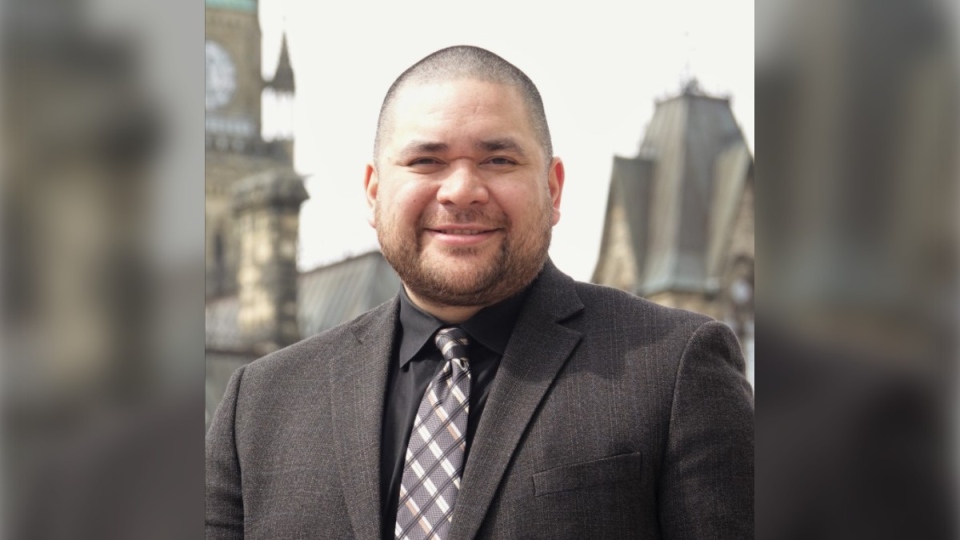
Saskatchewan doctor takes lead at Canadian Medical Association
Two weeks into school at the U of S, Dr. Alika Lafontaine (MD'06) nearly quit. Now, he's the voice of Canada's physicians.
By Zak Vescera | Saskatoon StarPhoenixDr. Alika Lafontaine says he nearly hung up the stethoscope in his second week of medical school at the University of Saskatchewan, after a disappointing test score.
On Sunday, he became the president of the Canadian Medical Association, making him a voice for the nation’s doctors at what he calls a time of “converging crises” and perhaps a window for change.
“When crises get bad enough, people realize that what we’re doing can’t be an option anymore,” the Grande Prairie anesthesiologist said in an interview with the Saskatoon StarPhoenix.
Lafontaine, 40, is both the CMA’s first Indigenous leader and the youngest person to fill the role.
He takes the reins from Dr. Katharine Smart, who was also born and raised in southern Saskatchewan.
Lafontaine grew in Regina. He said his parents encouraged him from a young age to consider a career in medicine.
It wasn’t an easy path. When he began school at the U of S, he was the only Indigenous student in the entire College of Medicine, he recalled.
Lafontaine, who is of Cree, Anishinaabe and Polynesian ancestry, described it as a “tough, lonely” experience at times.
“Saskatchewan folks are some of the most giving, open empathetic people you can imagine. I’ve never seen a province where you have a snowstorm and there are people literally wandering around the neighbourhood looking for people to push out,” he said.
On the other hand, racialization and racism against Indigenous people is “very commonplace,” he added.
Things came to a head in his second week of class, but he had help from Val Arnault-Pelletier, an official at the school who has long worked to support Indigenous students.
“She really made space for me to just gain confidence while being away from home, not having that social support … I may not be the first, but that doesn’t mean I can’t be successful,” Lafontaine said.
He went on to do his residency at the U of S and fell in love with anaesthesiology on a stressful night when he watched a doctor respond to a 3 a.m. code call. What caught his attention, he said, was how the mood in the room went from panicked to calm in a matter of minutes.
“I thought to myself, this is the exact kind of doctor I want to be,” Lafontaine said. “I want to be someone who walks into a situation where people feel like it’s out of control, and I can be a calming influence that brings order.
That may well be the role Lafontaine faces at the helm of the CMA.
Read the full article at https://thestarphoenix.com

